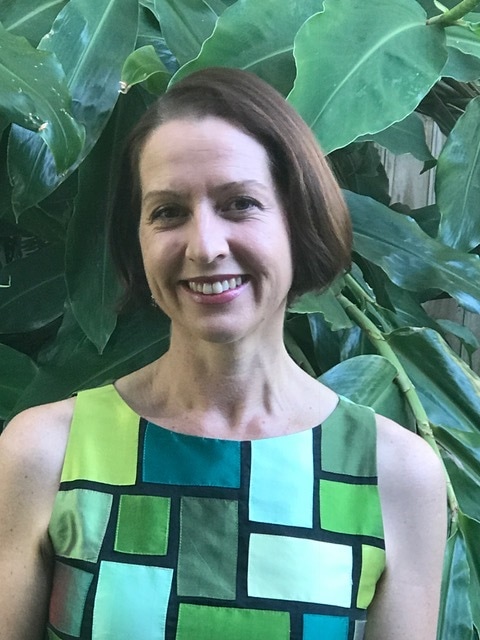Below are 10 top tips on how to help you child speak clearly. These are general ideas for parents to use. If you have any concerns regarding how clearly your child speaks it is recommended you get a speech pathology assessment and advice from a speech pathologist.Number 1Get down to your child's level, so your child can see your mouth. Visual models help to reinforce how to properly say certain sounds. Number 2Speak in a slow but natural way. This will encourage your child to speak at the same rate. Speaking quickly requires more refined coordination. Number 3Instead of asking your child to repeat the word or copy you, model the word back emphasizing the sound in error correctly (e.g. Your child says, "I want the big tar", you can say, "You want the big Car?" Number 4Promote good hearing. Good hearing is essential for the development of normal articulation. If you are concerned with you child's articulation skills, it is always a good idea to have his/her hearing assessed. Number 5Provide lots of opportunity for your child to hear the target sound or sound pattern they're having difficulties using. You can set up interesting games and tasks or read sound loaded books (e.g. Little Mates Alphabet Series) together. The idea is to give your child the opportunity to hear multiple repetitions of a particular sound target, when modelled by you, during play or story time. Your child is not required to practice saying words or sounds during the activity. For example, if your child is 3 years 6 months and having difficulties using the 'f' sound, select several toys that contain the 'f' sound (e.g. fireman, fire engine, fire station), get down and play with your child with the toys using lots of opportunities to talk about what you're doing when you are playing (e.g. "The fireman is driving to the fire and putting out the fire. Fire, fire, fire. Quick lets get to the fire. Lets put out the fire. Wow, it's a big fire, lets get the hose, put out the fire. The fireman's fast at putting out the fire. It's fun to put out a fire fast."). Play the game or a similar game a few times a day for several days to give your child lots of opportunity to hear a particular sound target. Number 6If you have understood part of your child's sentence/conversation, repeat it back to him/her so he/she knows you have understood him. Building confidence is important to encourage your child to keep trying. Number 7Don't pretend to understand but rather ask your child to "show you" what he/she wants. Number 8Use the context of the situation and environmental cues as well as your child's facial expressions and intonation to help you to figure out your child's message. Number 9If you know your child can say the sound, you can give him/her choices (e.g. "Do you want the 'tar' or the 'car'?". Only use this strategy once a child is able to say the sound and can fix up the way they've said a word. Offering choices would not be a helpful strategy to use if they aren't able to do this yet. Number 10Provide frequent opportunities for your child to practice speaking throughout the day. If your child loves to have something in their mouth (e.g. dummy, finger sucking, thumb sucking), limit your child's use of these during the day so your child is not missing out on critical opportunities to practise sound play and speaking throughout the day. Encourage your child to take their finger or dummy out of their mouth when you are speaking to them so they don't get in a habit of speaking around them. Once your child has fallen asleep, encourage sleeping without the dummy or thumb in their mouth, to reduce any impact on their dentition. If you notice your child's teeth are being pushed forward or they are starting to develop a gap between their front teeth (i.e. open bite) it may mean their dummy use or finger or thumb sucking is starting to impact on their dentition and may also impact on their speech development. If you do have any concerns that your child's teeth alignment or bite may be impacting on their speech development it is advisable to see a dentist and speech pathologist who specialise in seeing children. Written By Sarah Creagh, Speech Pathologist Article Reference Sources:Speech Pathology Australia - Fact Sheets: The Sound of Speech - Preschool and School Aged Children
www.speechpathologyaustralia.org.au American Speech-Language-Hearing Association - Information for the Public http://www.asha.org/public/ Speech-language-therapy dot com, Caroline Bowen PhD, Speech-Language Pathologist. www.speech-language-therapy.com |
Author - Sarah CreaghI'm a speech pathologist with a passion for working in partnership with parents to support children to reach their maximum potential. Archives
September 2018
Categories
All
|



 RSS Feed
RSS Feed

